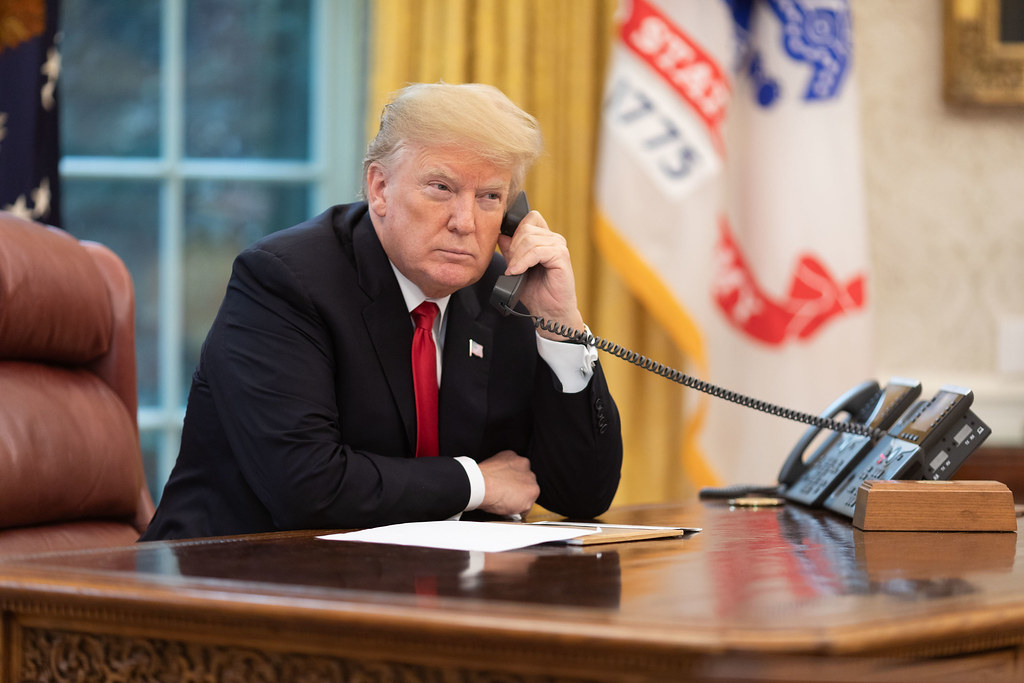Key Takeaways
- Judges from all sides now doubt the Justice Department’s honesty.
- Trump-appointed judges have joined the critics of his administration.
- Key disputes involve child deportations, National Guard troops, and disaster aid.
- Rising doubts may weaken high-profile indictments ordered by Trump.
What is judicial skepticism?
Judicial skepticism means that courts no longer take the executive branch at face value. Traditionally, judges gave the Justice Department the benefit of the doubt. However, repeated errors and false statements by DOJ lawyers have changed that. As a result, judges now question official claims more closely.
How Judicial Skepticism Grows in Trump’s Courts
Since the start of the Trump era, judges have grown cautious. Even those nominated by President Trump now voice doubt. They worry that attorneys for the administration stretch the truth. Thus, the old “presumption of regularity” is under threat. Judges expect the government to act in good faith. Yet the government’s legal team has blurred that line. Judicial skepticism has taken hold.
Examples of Judges Pushing Back
Several recent rulings showcase this shift. First, a judge in Washington slammed the DOJ’s pitch on deporting Guatemalan children. Next, an Oregon judge scolded the administration for trying to send in the National Guard. Then, in Rhode Island, another judge refused to let FEMA aid hinge on cooperation with immigration agents.
Deporting Guatemalan Children
Judge Tim Kelly, a Trump appointee, once saw the best in government claims. Yet he described the DOJ’s defense of child deportations as a “house of cards.” Initially, DOJ lawyers said the effort aimed to reunite families. Later, they admitted this was false. Consequently, the judge lost faith in their word.
Blocking National Guard Deployment
In Oregon, Judge Karin Immergut stepped in. She barred the state from deploying National Guard troops against protesters. In response, the Trump administration tried a loophole. It proposed sending in guardsmen from other states. Judge Immergut called that move illegal. She warned the government not to sidestep her order.
Conditioning FEMA Aid on ICE Cooperation
Judge William Smith of Rhode Island took a stand, too. He said Trump cannot force cities and states to help immigration agents. They must not do so to receive disaster relief. Yet Trump officials still made the demand. They added a small phrase to dodge the ruling. Furious, the judge called it a “ham-handed attempt to bully” states.
Why These Rulings Matter
First, all three judges showed clear judicial skepticism. They no longer grant the benefit of the doubt. Second, these decisions signal trouble ahead for the DOJ’s big cases. For example, Trump asked his Justice Department to indict FBI Director James Comey. He also pushed for charges against New York Attorney General Letitia James. Yet legal experts say these moves seem political. With judges watching every word, such cases face an uphill battle.
Moreover, courts rely on good faith from both sides. When one side bends the truth, trust erodes. Therefore, even judges who often side with the administration feel warned. They may require more proof and deeper detail. As a result, court battles drag on longer. This delay can stall key parts of Trump’s agenda.
The Broader Impact on the Justice System
Today’s wave of judicial skepticism extends beyond Trump. Other administrations may face similar scrutiny. In fact, the courts might rewrite how they view government claims. They could demand sworn statements or tighter evidence. Consequently, the entire balance of power may shift. The executive branch could lose a measure of its legal advantage.
On the other hand, increased checks can boost fairness. Defendants and states stand a better chance when courts ask tougher questions. This shift may restore public confidence in the judiciary. It may also push the Justice Department to improve its practices. After all, consistent honesty remains the best path forward.
What Comes Next
In the weeks ahead, watch for more courtroom debates around Trump’s demands. Lawyers for the administration must adjust. They need clear evidence and honest statements. Otherwise, judicial skepticism will grow deeper. If judges keep rejecting explanations, the DOJ could lose more cases.
Furthermore, those high-profile indictments of Comey and Letitia James may face delays. Judges will likely probe every detail. They will look for signs of bias or political motives. To win, the administration must show full transparency. Yet past missteps make that task harder.
In the end, the courts may reshape the relationship between branches of government. Judges will weigh the DOJ’s word more carefully. They might even require new rules for how the executive branch presents cases. As this trend continues, Trump’s legal fights will unfold in a tougher arena.
Frequently Asked Questions
Why are judges now skeptical of the Justice Department?
Repeated errors and false statements by DOJ lawyers have shaken trust. Judges once assumed good faith. Now they ask for stronger proof and clearer facts.
How does judicial skepticism affect Trump’s cases?
It makes it harder for the administration to win in court. Judges will dig deeper into the evidence and motives behind each case.
Can this trend change how future administrations act?
Yes. If courts keep demanding higher standards, all future administrations may face stricter legal reviews. This could lead to new rules on government filings.
What should the DOJ do to regain trust?
The Justice Department needs to provide accurate statements and full evidence. Honesty and transparency will help restore the presumption of good faith.
